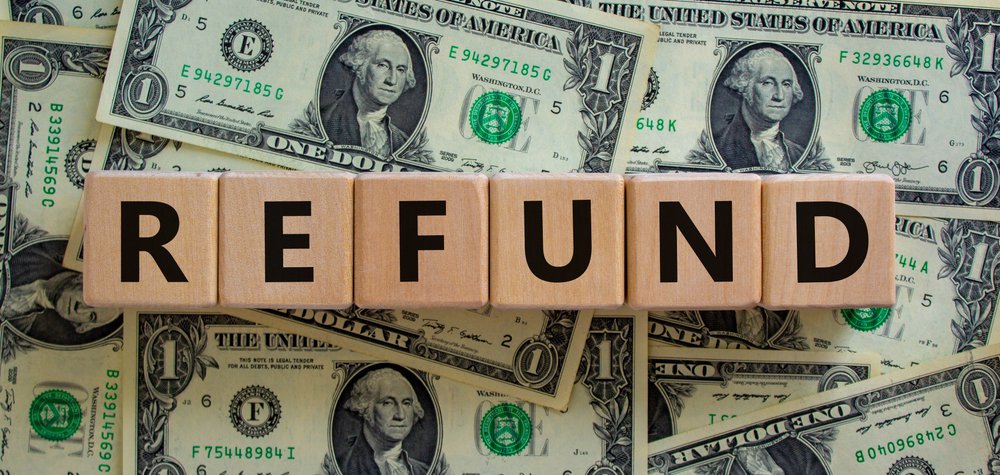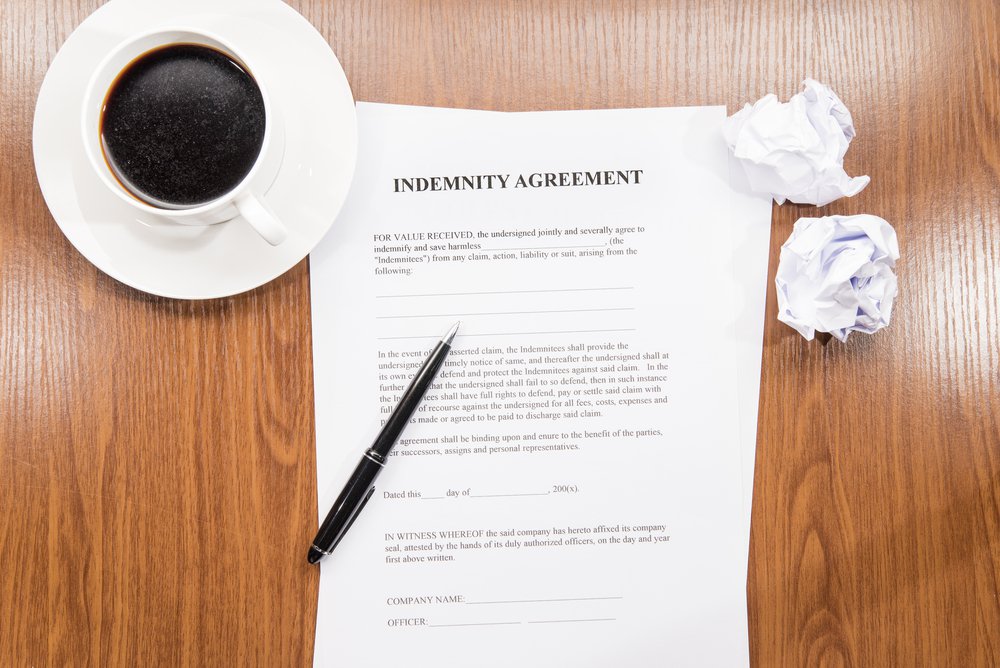The surety bond industry entered a new era at the start of 2016 when the transition from paper-based bonds to electronic bonds began. Like most other information that has gone from analog to digital over the previous decade, the effect of electronic surety bonds has been revolutionary for all involved. In this blog, we will explain how electronic surety bonds work, highlight what makes them better, and show any reader how to (electronically) obtain the surety bond they need.
What is an Electronic Surety Bond?
An electronic surety bond is exactly the same as a paper-based bond in every way except the medium. The paper-based bonds of the past required various parties to exchange documents, sign their signature in ink, deal with shipping and postage, and keep copies for their own records. With electronic records, all of this happens electronically. Digital copies of bond agreements effortlessly move between parties who have the option to sign electronically. In some cases there’s not a single piece of paper involved in the entire process.
Besides that, electronic surety bonds work exactly the same as other surety bonds. Here’s a quick rundown of the three parties involved and their individual responsibilities:
- Principal – The party required to obtain the bond. The principal accepts financial responsibility for all claims, meaning he or she must pay for any valid claims filed against the bond by the obligee.
- Obligee – The party with the right to file claims against the bond. If the obligee believes the principal committed misconduct (illegal, unethical, or otherwise unacceptable behavior), he or she may file a claim for compensation equal to the damages caused.
- Surety – The party that underwrites the surety bond. If the principal does not pay for a claim, the surety guarantees the obligee a full settlement after first proving the claim true. The principal must then repay the surety the full claim amount (plus interest and fees) to avoid a lawsuit or the threat of collections.
There are many different surety bond types, each with unique requirements, but they all serve the same basic purpose of making one party liable for misconduct committed against another. That’s why surety bonds are commonly required for getting a professional license or finalizing a contract.
A Brief History of Electronic Surety Bonds
The National Multistate Licensing System and Registry (NMLS) is an organization that streamlines how professional credentials, including licenses, get acquired and acknowledged across the country. It is thanks to the efforts of the NMLS that the electronic surety bond exists in the first place. They have lobbied states across the country to adopt electronic surety bonds, and they provide the technology to keep the electronic filing process running smoothly and securely.
Before electronic surety bonds came into existence, bonding was done entirely on paper with some predictable setbacks. As information technology improved rapidly at the start of the 21st century, most other industries, including those involved with financial, legal, or other sensitive data, began transitioning to electronic processes. It became quite clear that bonding could be better. That’s when NMLS took the lead and now the rest is history. Electronic filing of surety bonds is fast on it’s way to being the first, best, and only option!
The Benefits of Electronic Surety Bonds
The benefits of electronic surety bonds are best understood by considering the hassle of paper-based documents. When bonds relied on paper, they took more time to process, they were harder to get started, and there was more risk of error. For people who were required to get bonds and wanted to fulfill those requirements fast, paper bonds could make the process drag on too long or get sidetracked unexpectedly.
Electronic bonds resolve this, making the bonding process run as efficiently as possible so that getting a bond takes little time at all (under 24 hours in many cases). Filing electronically also helps lower overhead costs for bond providers, which is a savings (however small) that gets passed on to bond seekers. Finally, the electronic bonding process can get started immediately, meaning someone who needs a bond can begin the paperwork right now instead of waiting until it arrives in the mail. That’s why most would agree that electronic surety bonds are better in almost every way.
Where Can I File an Electronic Surety Bond?
When electronic surety bonds were first introduced in 2016, states had to elect whether or not they would honor a surety bond filed electronically. Only a few states signed on at first. As the program has proven itself, however, adoption has spread across the country. 43 states have agreed to accept electronic surety bonds as of the start of 2022. The remaining holdouts include:
- Maine
- New York
- Pennsylvania
- Alabama
- Florida
- New Mexico
- Arizona
How Do I File a Surety Bond Electronically?
The electronic filing process can vary depending on the bond type, issuer, and amount. In many cases, though, the bond seeker only needs to provide some basic information through a digital portal:
- A complete bond application
- Permission to run a credit check
- Additional documents (e.g. a financial statement or copy of the bond requirements)
The surety agency that connects the bond seeker and the bond provider will handle the details to make sure the electronic filing goes as planned and follows all applicable rules. One popular option is to use DocuSign or similar digital platforms through which parties can formally sign and exchange documents.
Viking Bond Service – Electronic Surety Bonds Across America
Viking Bond Service strives to make getting a surety bond as easy as possible. We rely on an electronic process whenever possible. We also have exceptional service to help from beginning to end. As a national surety agency, we connect people with all the most common kinds of bonds, helping them find more offers and competitive rates even when they have less-than-stellar credit. Don’t let getting a bond be a hassle – work with us instead. Request a quote at your convenience or contact us online for questions. You can also reach us at 1-888-2-SURETY (1-888-278-7389).











